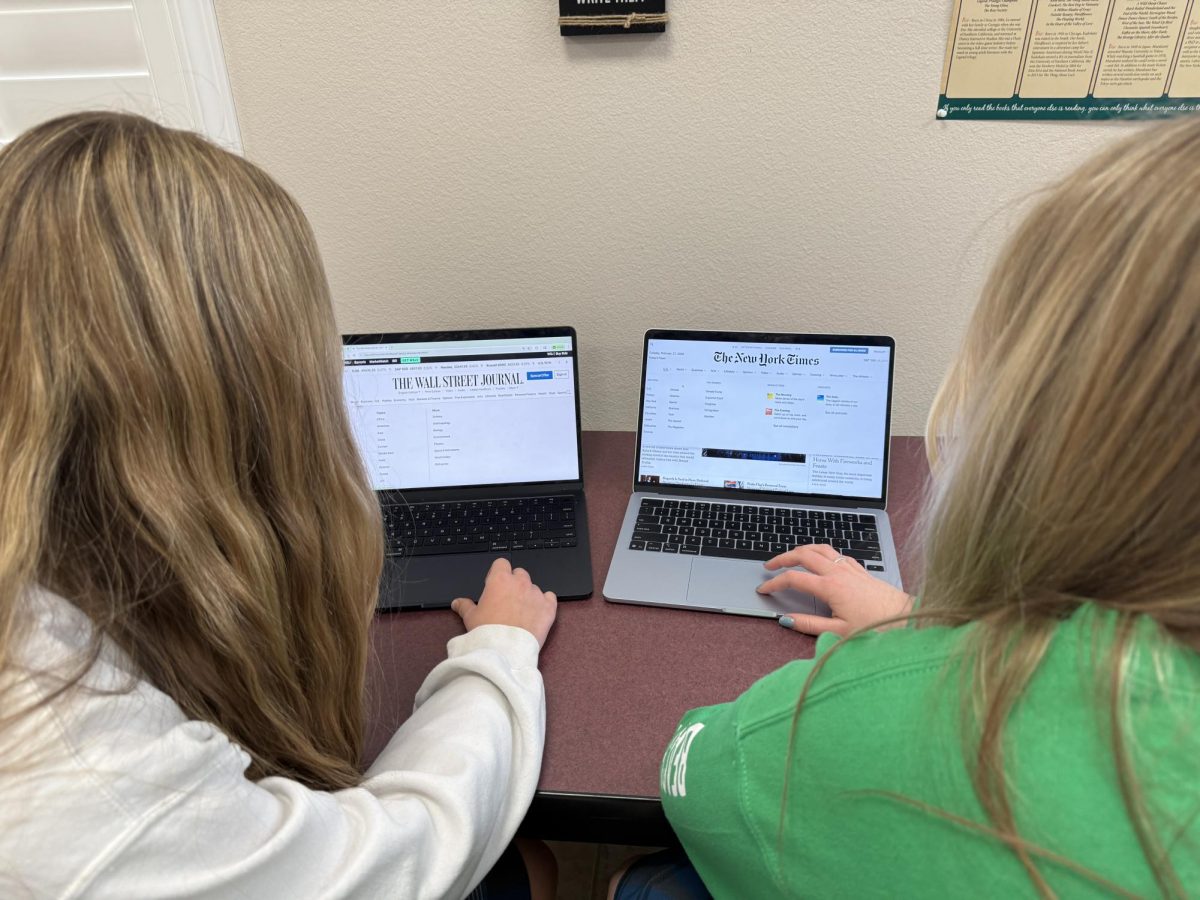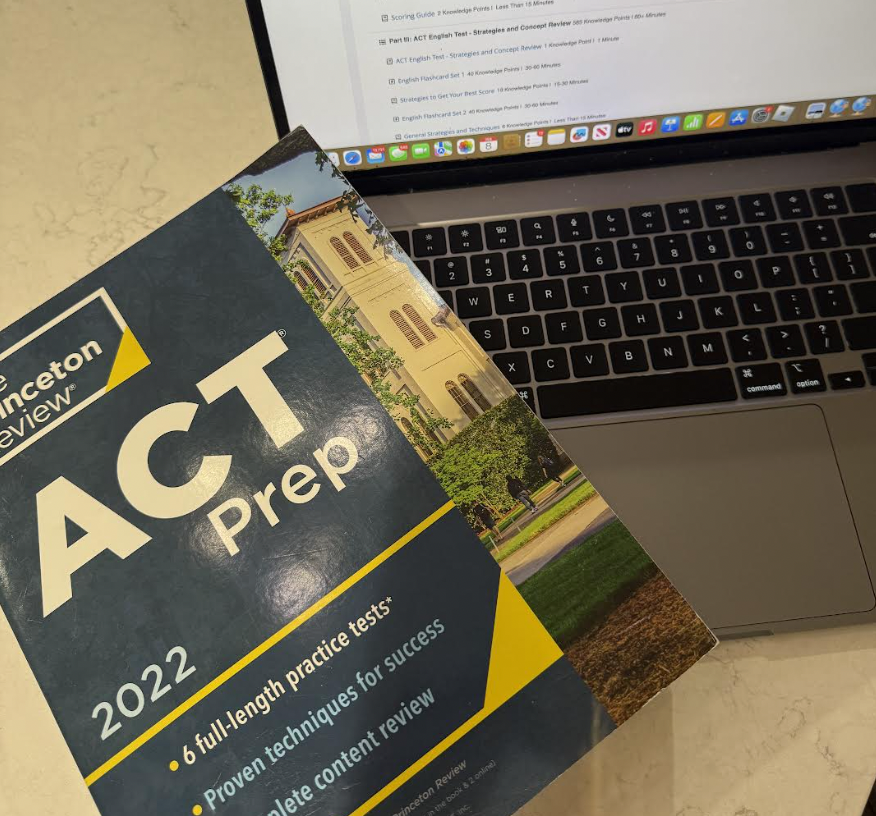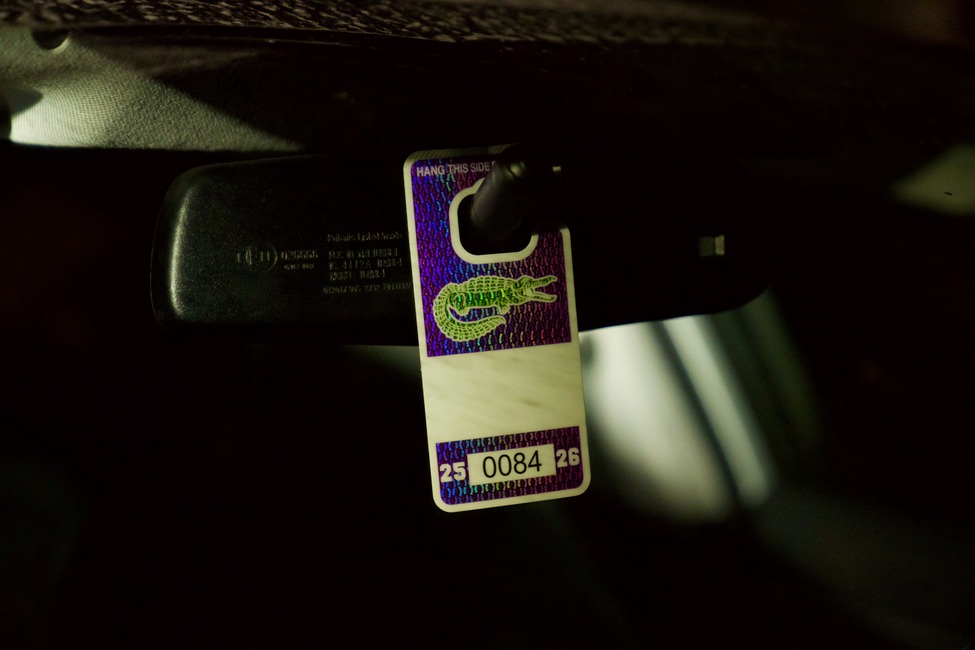At the heart of many campuses, there is a classroom of students, who behind the scenes learn lessons that help them provide an entire student body, teachers, alumnae, and possibly a broader audience with the latest news. The lessons learned in these classrooms extend far beyond its four walls. These lessons are raw and involve real-world challenges. The assignments have the potential to spark community-wide conversations.
This classroom is the classroom of student journalism, a place where students don’t just study the world but learn how to be a part of it.
Those who have never stepped foot inside a newsroom may have no idea how impactful a role journalism has played in the lives of its students, whether they are currently putting ink to paper or not.
People may wonder why knowing how to write journalistically is important. How could journalism possibly hold any weight in the long run?
As someone who started their journalism journey as a freshwoman, I can attest that journalism is something that challenges its students to not only seek a scoop but also build confidence, develop critical thinking skills, destigmatize myths, become strong writers and gain a platform to explore topics one is passionate about.
Previous XPress editor-in-chief Helen Innes ‘19 did not go on to pursue journalism but still applies the lessons she learned in her everyday life in her international relations and art history studies. Innes states that “being able to translate news into a story that people read and create an opinion out of is a privilege.”
Former arts & entertainment editor Natalia Gomez del Campo ‘22 and present journalism major at the University of Missouri believes that even if a person is not pursuing a career in journalism it can get one out of her shell.
She looks back on how her time on XPress challenged her to go out into the school’s community to interview people and how that helped her improve her communication skills.
Gomez del Campo now puts forward these skills to a wider degree when she goes out to the city of Columbia, Missouri, and interviews people and learns about their stories.
“[Journalism] helped me with public speaking skills and just being able to socially interact with people,” she said.
Gomez del Campo is pursuing a career in broadcasting, a branch of journalism that heavily relies on social interaction. She recently attained an internship at Arizona’s Family at the CBS & 3TV news station.
“I’m pursuing broadcast journalism because I feel comfortable speaking in front of a camera,” Gomez del Campo said.
Arguably, all forms of journalism from reporting to broadcasting require journalists to step outside their comfort zones and be vulnerable, whether that means addressing hundreds of viewers on the big screen or putting their bylines on articles. Either way, when it’s published, it is out in the world for anyone to see and judge as they please.
Shedding light on a topic whether new or old is the equivalent of starting a conversation. In general, starting conversations can be hard and even uncomfortable for anyone. However, student journalists are trained to do this.
Before conversations are brought up on a larger stage, student journalists initiate conversations when they interview their sources and they are trained to properly ask questions to keep a conversation alive.
Gomez del Campo believes “the fundamentals of journalism, coming up with a lead, the 5 Ws, researching, all those skills are going to help you no matter what career you’re in.” Asking questions may seem trivial, but knowing how to open lines of communication gives us information and shows a source that you are interested and care about their stories.
Catherine Alaimo ‘22, former XPress freelancer, has taken her journalism journey to the next level as a senior news editor at Georgetown University’s newspaper, The Hoya. She agrees that the fundamentals of journalism are important and believes that the “values are really underestimated especially in a world where people are focused on STEM and business.”
At The Hoya, she writes about topics ranging from politics to investigations and ethics. Alaimo says that journalism has taught her to handle interviews and controversy with a sensitive side and empathetic tone.
She shared that she actively engages in discussions about articles with other people even if they have different views from her, in order to broaden her perspective. She believes that journalists should “be open to curiosity and letting stories surprise you.”
“The media cannot be trusted” is one of the myths surrounding journalism.
As young journalists, it is up to us to change that narrative and show the world that journalists can be trusted and have morals. That and there are fact-checking systems and multiple people looking over each story for grammatical and informational errors.
“Try not to tell a story as an agenda but try to tell a story that is pure and simple facts. Be empathetic to all sides and as fair as you can when writing stories,” says Alaimo.
On the other hand, knowing how to write journalistically is also a useful skill.
Emma McCarthy ‘20, former XPress editor-in-chief, does not pursue journalism in college but still applies the skills she learned from journalism to her work as a sociology major. “It’s been helpful in writing research papers and outlines. I’m a more concise writer and I feel like I can say a lot more in a lot fewer words. There’s no babbling on. It’s just straight to the point.”
This is especially true considering that the average human attention span is 8.25 seconds, according to Supportive Care ABA, a therapy agency that specializes in behavior. If a person, journalist or not, does not get straight to the point she runs the risk of losing her audience’s interest and attention.
Journalism is a form of expression with its countless forms and the world’s endless happenings to cover. When students have the opportunity to delve into subjects they are passionate about, their enthusiasm shines through their work.
“It gives me the chance to focus on articles that are important to me, but also show the world who I am,” says Olivia Garcia ‘25, XPress connect editor.
With these lessons taught in a newsroom, it is up to student journalists to go out and “put into practice journalistic principles,” said Lisa Zuba, editor, director of marketing and avid XPress reader.
“It is shocking to see what an impact those things can make and how important it is to make connections with people,” Zuba said.









Olivia Garcia • Mar 1, 2024 at 7:28 am
Incredible MJ!
lucia • Feb 29, 2024 at 9:13 pm
love it!